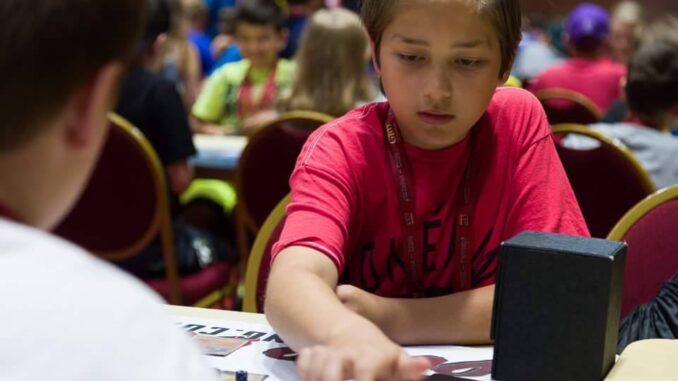
I’d like to tell you a personal story about how and why I stopped posting pictures of my child on the Internet. It was about halfway through my son’s 7th grade year in middle school when he asked me to stop posting pictures of him online because “he wanted to own his identity”. I immediately stopped. I also immediately felt the guilt about all the pictures I posted without asking him first. Above is one of the last pictures posted of my son by me via social media land. He was playing in the Pokemon Regional Tournament and finished in the Top 8 (out of around 400). Papa was proud of his accomplishment.
That was over five years ago and I haven’t posted one unauthorized social media pic of my son since.
From that day when my son gave me a lesson in life and social media etiquette, I look at pictures of children online in a whole new light. Keep in mind I am a former Editor-In-Chief and Executive Producer, therefore am very accustom to getting “minor consent” forms signed by parents before publishing or broadcasting a minor in the media.
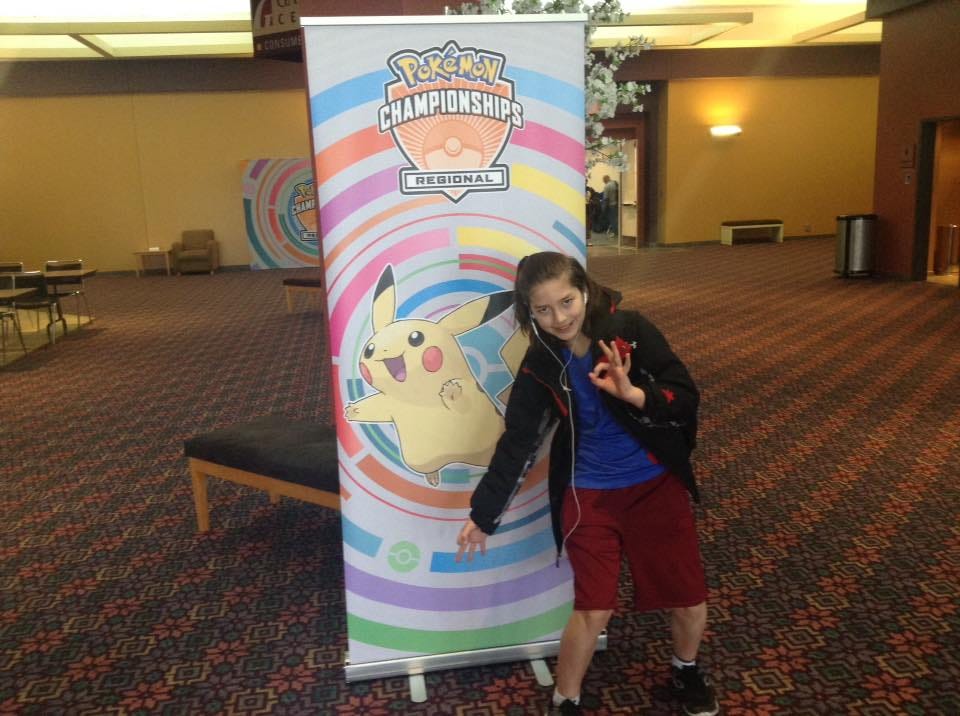
But social media is a totally different animal.
According to Lawyer.com, with a few exceptions, it is actually perfectly legal for strangers to photograph or videotape your child, and they are free to post or publish the images as well. The spread of smartphones has allowed almost anyone to upload their own media content to the Internet.
Unless there’s a profit involved.
According to WikiHow, people and businesses cannot post your child’s likeness for any commercial purposes without the express, written permission of the child’s guardian.
Ask the Police suggest that since there is there is no concrete law against taking photos at public events, including of other people’s children, companies should have an internal photography policy statement that specifies that parents or caregivers should give permission before sharing photographs or videos of other people’s children on social media sites.
Personally for me, the second my son said the words “own my identity”, I thought about how often I would share private moments and the potential of exposing HIS perceived vulnerabilities and how disrespectful that was to him. Plus I felt like it could have damaged my son’s trust in ME as well as his sense of security, all which can lead to mental health issues.
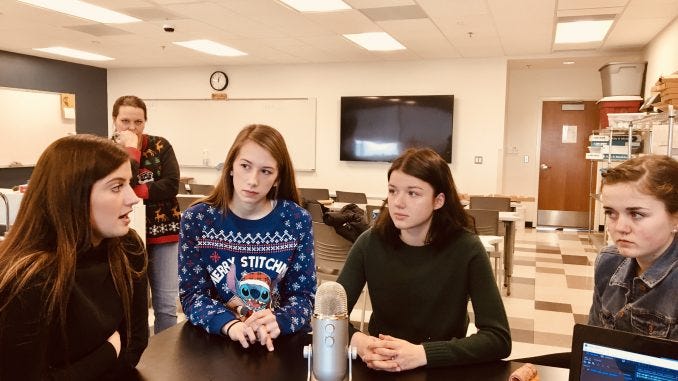
Let’s do a quick ESG Exercise on today’s child and social media.
For many parents, oversharing, or “sharenting” begins with posting a picture of the child in the form of a sonogram to announce to friends and family that they are expecting. Yup, that was me too.
For the majority of the parents, posting social media pics of their children is done with positive intent and a way to share updates with family and friends. The COVID Shutdown saw the posting of personal and family pics increase rapidly as people used social media to share updates, especially of their children.
There is also the very real energy that social media sometimes becomes competitive and parents can get caught up in boast-posts or forcing manufactured content about their children.
The ESG Issue here is that people may not realize the dangers of sharing photos of children on social media sites.
Entry level issues are embarrassing pictures or videos impacting your kids through different forms of bullying as they grow up. To scary levels like child predators taking screenshots of photos and finding your child’s locations through their phone.
Back in my old world publishing and broadcasting days, we regularly reminded each other before public events about how young children are unable to fully consent or understand what it means to have their pictures published or voices heard on the radio.
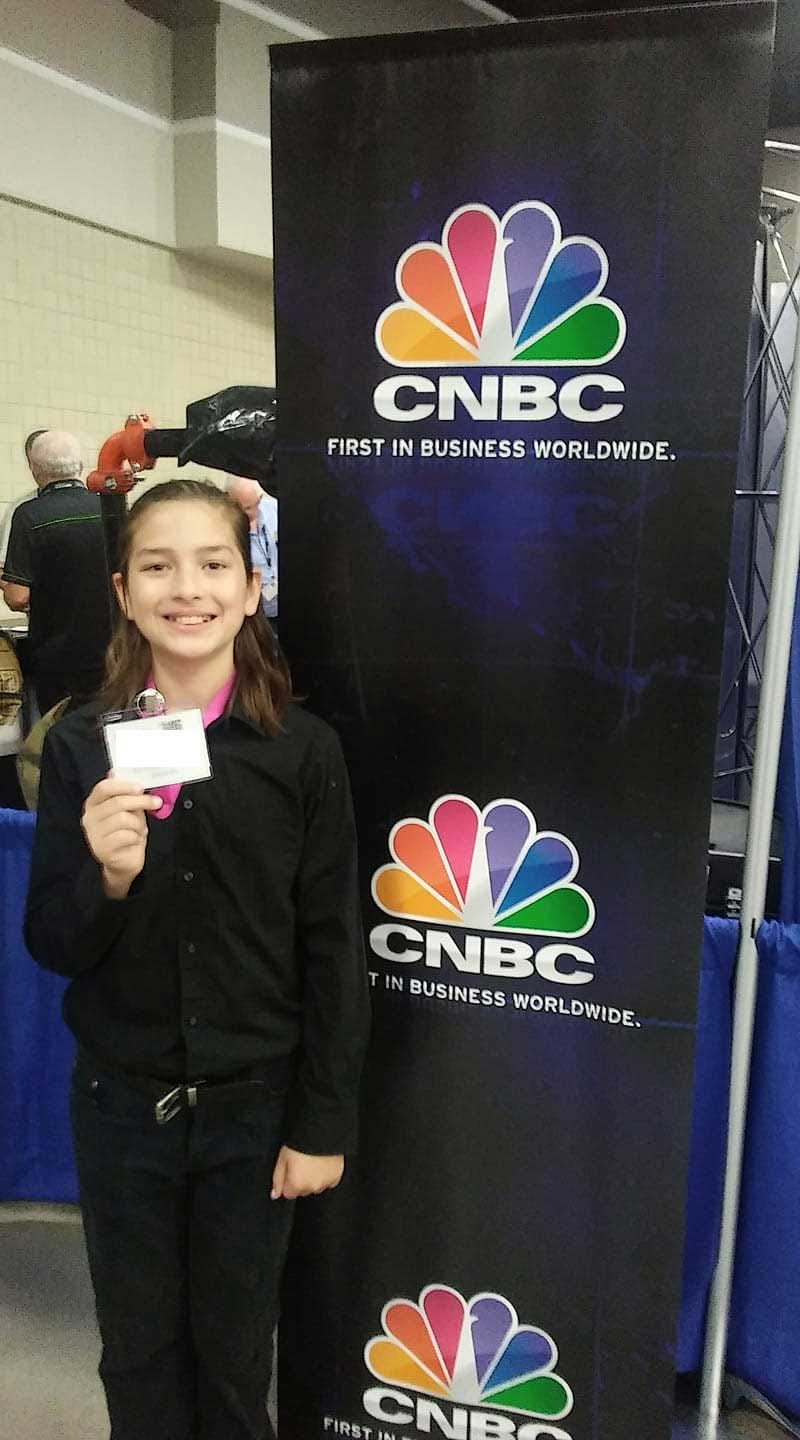
According to BloombergLaw:
Children under age 13 typically aren’t allowed on social media, but they can bypass birthday-based age screens, according to a study published earlier this year by Lero, an Irish research center. Other automated mechanisms for weeding out underage users rely on clues like birthday wishes posted to their account. Posts a user likes or accounts they follow can also factor in to efforts to estimate age.
“There are lots of signals that kids give off and that companies are already analyzing,” said Josh Golin, executive director of children’s advocacy group Fairplay.
Despite challenges to understanding children’s age online, Meta Platforms Inc.‘s Instagram removed more than 850,000 accounts in the third quarter of 2021 that were unable to demonstrate meeting its minimum age requirement. TikTok, which also uses keywords and other methods to look out for children under 13, removed more than 11 million suspected underage accounts in the second quarter of 2021.
Claire Rodahaver, photographer, online safety educator and former marketing professional, began questioning the ethics and dangers of posting photographs of minors online, from embarrassing their child to potentially putting them in danger.
One concern with posting photographs and information about your kids online is identity fraud. Rodahaver says it is important to be mindful of whether your photographs contain Personal Identifying Information, which can give anyone access to online information about where your child lives or goes to school.
Furthermore, with facial recognition software and apps, identifying strangers is instant. Here’s a link to the Top 10 from Cyber Magazine to see and read for yourself.
As you can see and read, there’s a Top 10 Way in today’s social media world to identify strangers via posted pics.
The Crude Life will often invite an adult official or educator to their events with children for multiple reasons. According to the staff at The Crude Life, North Dakota State School Superintendent and Administrator of the North Dakota Department of Public Instruction Kirsten Baesler has been one of the best public officials to work with over the past decade, especially when it involves empowering children and their mental health.
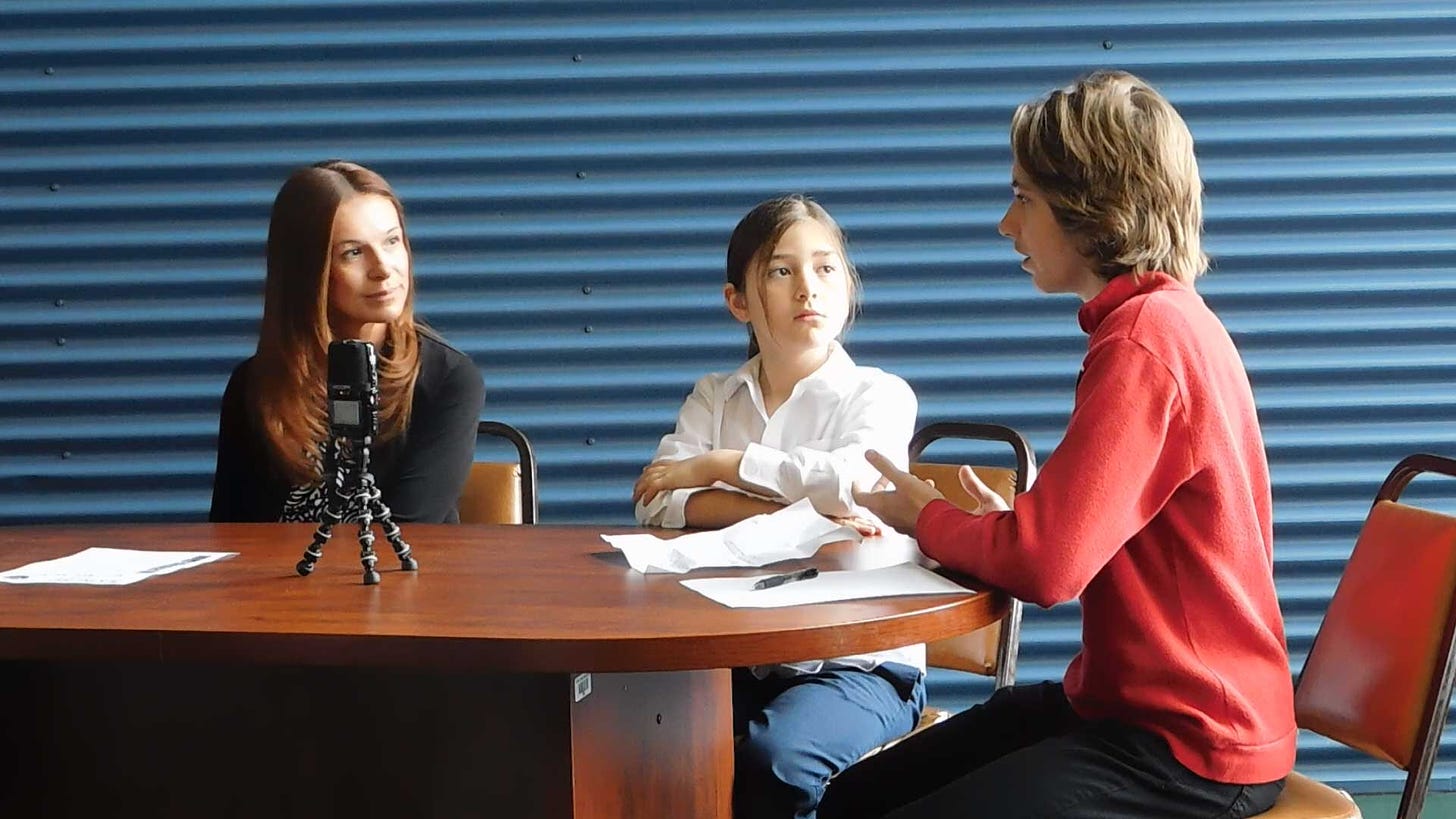
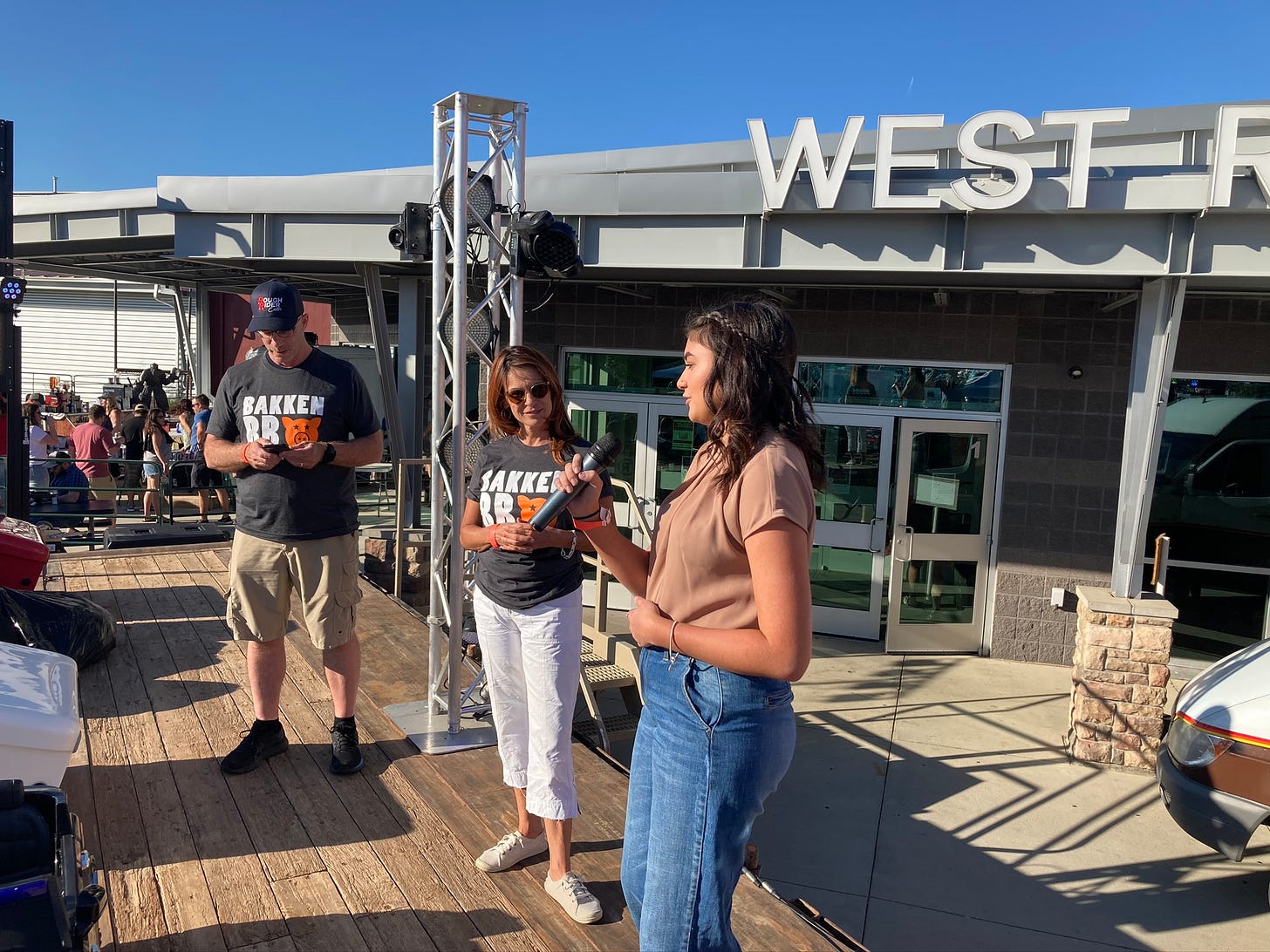
Consider this, after the sonogram pic, many parents willingly post and share to the world all kinds of information about their children from full names to date or place of birth, date of birth, or the school they attend. In the 1900’s we were told not to talk to strangers by adults and in the 2000’s the adults are the ones telling strangers online what school and grade their children are in.
If you share your favorite places to visit as well as your child’s name, predators could show up where you go and act like they know you or your child, which could lead to potential abductions or attacks.
In addition, pay attention to the background of photos. Potential dangers arise if a child predator can tell where your kid lives, based on things like street signs or businesses.
While the risk of child abduction from a company or person’s post is pretty low, it is a good practice to consider before posting pictures.
Digital kidnapping, however, is more common. This is where images of children that are posted online are often taken and used in advertisements or to make fake profiles, which can be posted on dark web pedophile websites or social groups.
Companies who have posted children online should read this article by BloombergLaw which cites the COPPA regulation.
Companies are obligated to comply with the federal Children’s Online Privacy Protection Act if they know that children under age 13 use their platforms. The law, known as COPPA, gives parents control over what information online platforms can collect about their kids.
Children’s advocates argue that a stricter knowledge standard is needed to prevent companies from turning a blind eye toward children that shouldn’t be on their platform. Legislation proposed in the Senate (S.1628) would raise legal expectations for social media companies to know that children are on their platform.
While it’s clear that sites and apps geared toward children must comply with COPPA, compliance is more challenging for platforms with mixed audiences, said Phyllis Marcus, a partner at Hunton Andrews Kurth who previously led the Federal Trade Commission’s program for children’s online privacy.
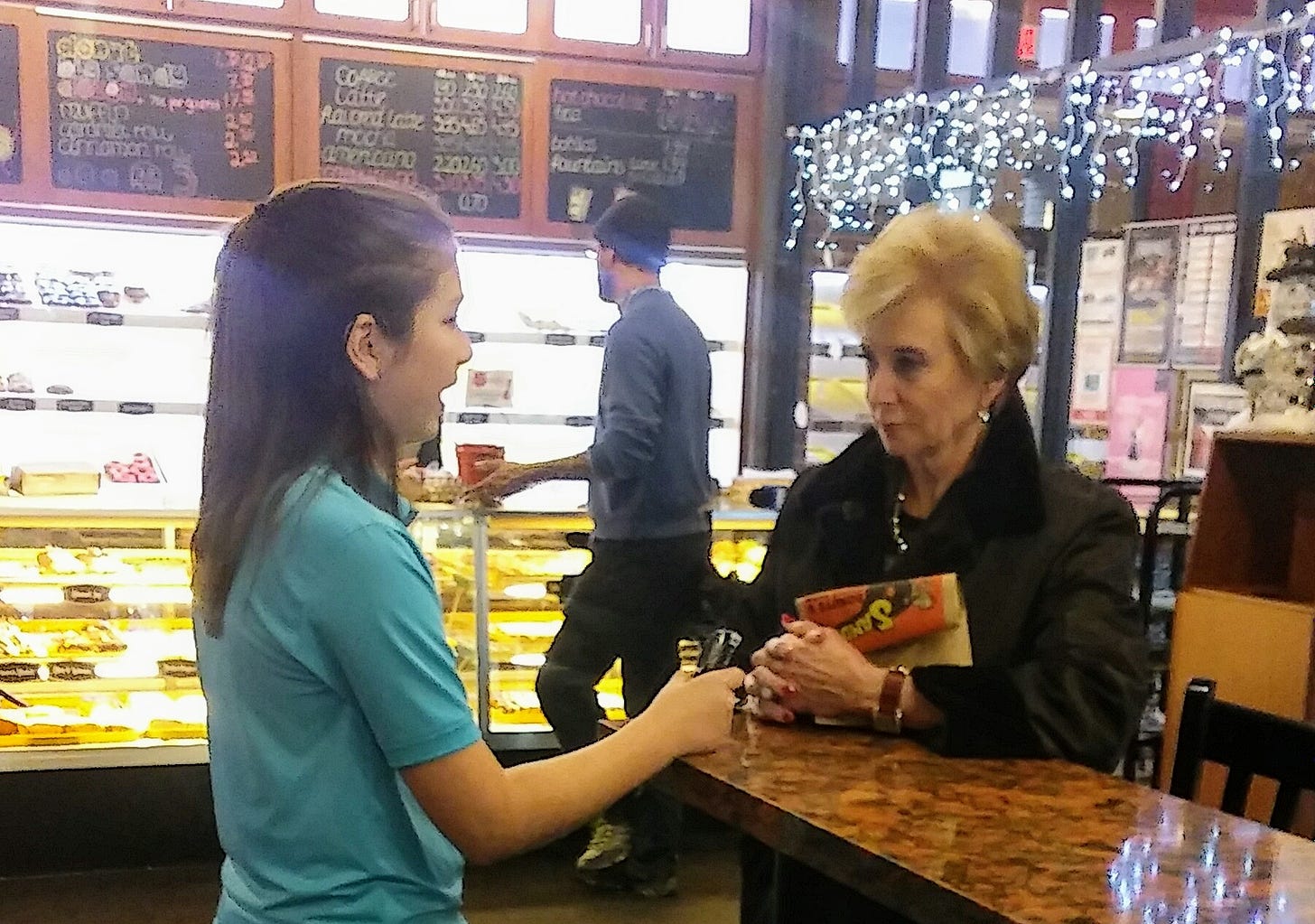
More and more celebrities are protecting their children from the dangers of social media too. Many cite the negative comparisons with the traditional Hollywood spotlight and paparazzi that existed long before Facebook or TikTok.
Singer Songwriter Pink decided to stop posting her children after becoming overwhelmed and disheartened by comments.
In a 2021 interview with People, actress and producer Mindy Kaling said she completely refrains from posting her children online to “show respect and keep them safe”. She has frequently discussed her struggle between wanting to share their cuteness milestones, but not doing so for safety purposes. Kaling also wants to wait until they are old enough to be able to consent to it and fully understand what is going on.
This Classroom Column’s ESG Lesson is simple. Adults are often concerned about how children use social media, but it’s the parents that need to look at the examples they set for the children and understand how they are using it themselves.
Class dismissed til next week.
Questions or Comments? Do you have an ESG University story idea or Screenshot Submisison? Email: info@esgu.org
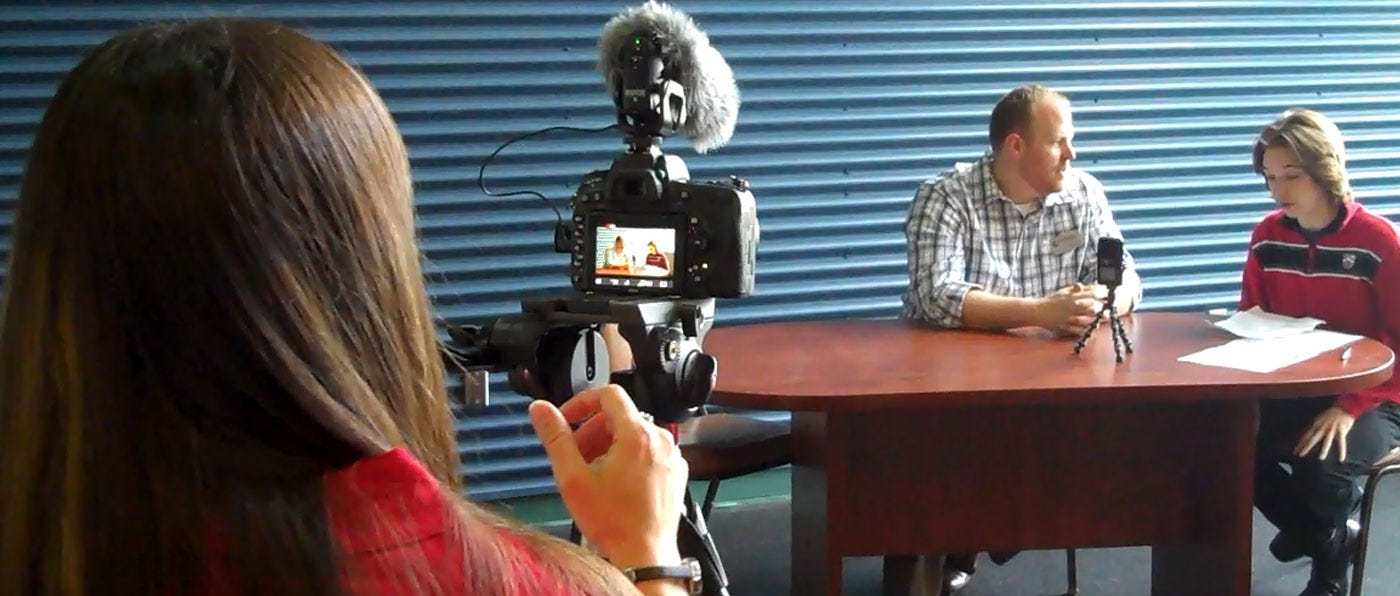
Article was originally published at ESGU.org, click here for link
ESG University Classroom Column is written by Jason Spiess and no way reflects the mission or position of his other media companies. ESG University is an educational paper with classic newspaper op/ed elements sprinkled in. Because of this, we must categorize the column as Opinion and Editorial and run this disclaimer.
Questions on today’s lesson? Know someone using Ethical Energy? ESG University wants to know who these leaders are as we continue to showcase and highlight ESG solutions in energy. For consideration, please email studio@esgu.org companies, people and organizations showing ESG in action.
About The Crude Life
Award winning interviewer and broadcast journalist Jason Spiess and Content Correspondents engage with the industry’s best thinkers, writers, politicians, business leaders, scientists, entertainers, community leaders, cafe owners and other newsmakers in one-on-one interviews and round table discussions.
The Crude Life has been broadcasting on radio stations since 2012 and posts all updates and interviews on The Crude Life Social Media Network.
The Crude Life is non-political with a focus on the people, lifestyles, culture and innovations surrounding energy extraction and development. Content Producers are trained or educated in journalism, media or content creative studies.
Everyday your story is being told by someone. Who is telling your story? Who are you telling your story to?
#thecrudelife promotes a culture of inclusion and respect through interviews, content creation, live events and partnerships that educate, enrich, and empower people to create a positive social environment for all, regardless of age, race, religion, sexual orientation, or physical or intellectual ability.
Sponsors, Music and Other Show Notes

Studio Sponsor: The Industrial Forest
The Industrial Forest is a network of environmentally minded and socially conscious businesses that are using industrial innovations to build a network of sustainable forests across the United States.
Weekly Sponsor: Stephen Heins, The Practical Environmentalist
Historically, Heins has been a writer on subjects ranging from broadband and the US electricity grid, to environmental, energy and regulatory topics.
Heins is also a vocal advocate of the Internet of Everything, free trade, and global issues affecting the third of our planet that still lives in abject poverty.
Heins is troubled by the Carbon Tax, Cap & Trade, Carbon Offsets and Carbon Credits, because he questions their efficacy in solving the climate problem, are too gamable by rent seekers, and are fraught with unreliable accounting.
Heins worries that climate and other environmental reporting in the US and Europe has become too politicized, ignores the essential role carbon-based energy continues to play in the lives of billions, demonizes the promise and practicality of Nuclear Energy and cheerleads for renewable energy sources that cannot solve the real world problems of scarcity and poverty.

Weekly Sponsor: Great American Mining Co
Great American Mining monetizes wasted, stranded and undervalued gas throughout the oil and gas industry by using it as a power generation source for bitcoin mining. They bring the market and our expertise to the molecule. Our solutions make producers more efficient and profitable while helping to reduce flaring and venting throughout the oil and gas value chain.
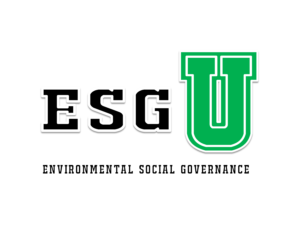
Learn. Laugh. Liberate and Linger around ESG University! ESG stands for Environmental Social Governance and it’s what’s driving business and politics today.

Studio Email and Inbox Sponsor: To Be Announced

Featured Music: Alma Cook
For guest, band or show topic requests, email studio@thecrudelife.com
Spread the word. Support the industry. Share the energy.


